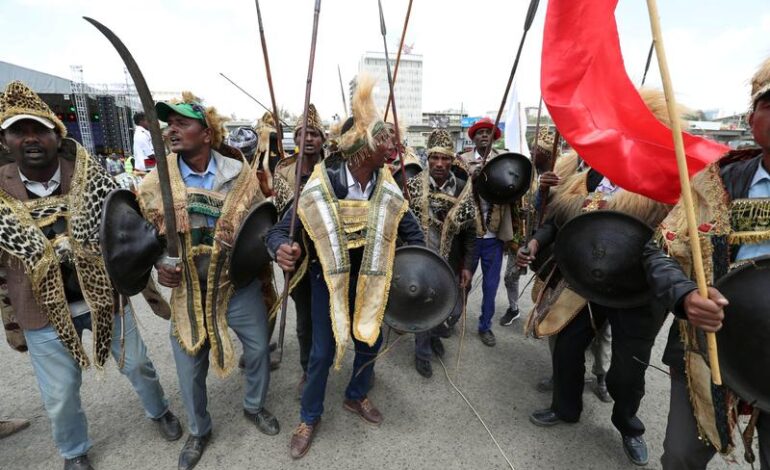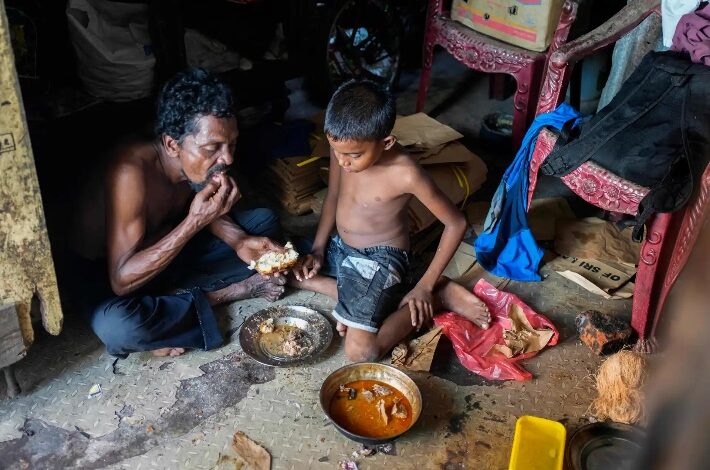
Avellon Williams
COLOMBO, SRI LANKA – As the economy crumbles, half of Sri Lanka’s families are reducing the amount of food they feed their children, according to child rights groups.
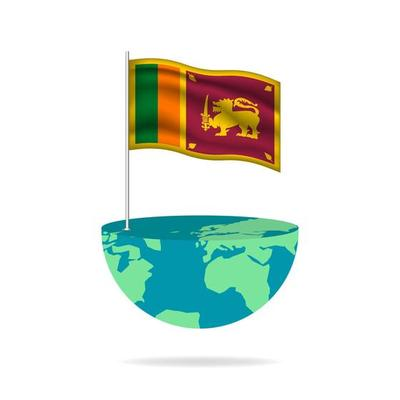
A report released on Thursday by Save the Children warned that Sri Lanka’s government and international community must act now to prevent the country’s children from “becoming a lost generation”.
An economic crisis has gripped the South Asian island nation since late 2021, exacerbated by a lack of foreign reserves and mounting foreign debt.
In April, the 22 million-person country defaulted on its $46 billion debt and sought assistance from the International Monetary Fund (IMF).
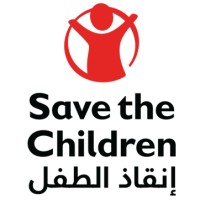
“Since the Sri Lankan government defaulted on its debt nearly a year ago, soaring inflation and food, medicine, and fuel shortages as well as a lack of stable employment have left families unable to cope,” the report said.
In more than 2,300 households surveyed by the charity, 27 percent reported adults skipping meals to feed their children, while half are reducing their children’s food intake.
According to the study, nine out of 10 households are unable to provide nutritious food for their children.
Save the Children released its report hours after thousands of workers went on strike to protest a government directive declaring a number of services essential to stop protests over the IMF bailout.
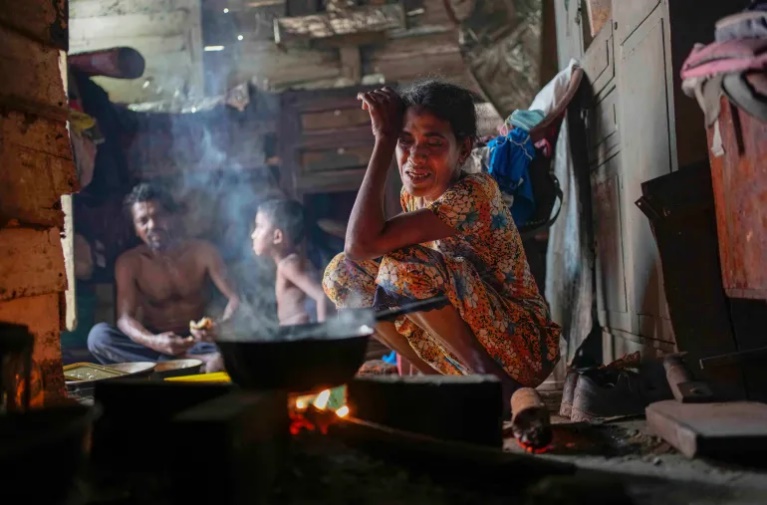
Since the beginning of the crisis, Shashikala Madhuvanthi Silva, a 40-year-old mother of four in Kalutara district, 80km from Colombo, has not been able to provide her children with a proper meal.
“My husband is a tuk-tuk driver but he isn’t getting much income now as more and more people are choosing public transport due to increased cost of living,” she said.
Due to this, she must feed her children less nutritious food. “Not that I don’t feed them but I can’t any longer afford egg, meat or fish every day.”
The first job Silva has ever had is at a nearby garment factory. “I get 900 rupees [$2.50] for a nine-hour shift,” she said. “What can you do with 900 rupees a day? But I have no choice.”
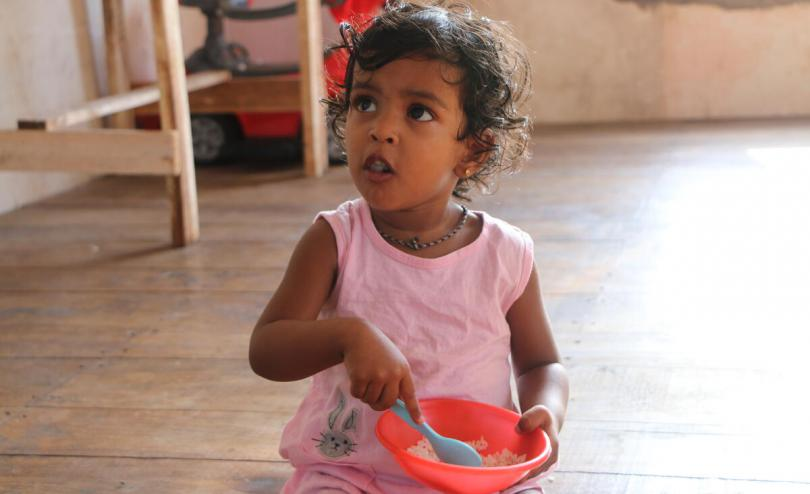
Renuka (not her real name) teaches in the Western Province. She described the situation at her school to Al Jazeera on condition of anonymity. Government workers, including teachers, can often be dismissed for speaking to the media in Sri Lanka.
“It was a Monday. When I was about to have my lunch, I spotted a child looking at me in a sad way. He was almost in tears. When I asked what the matter was, he told me that he, his mother and his younger sister have only had several cups of tea during the weekend,” she said.
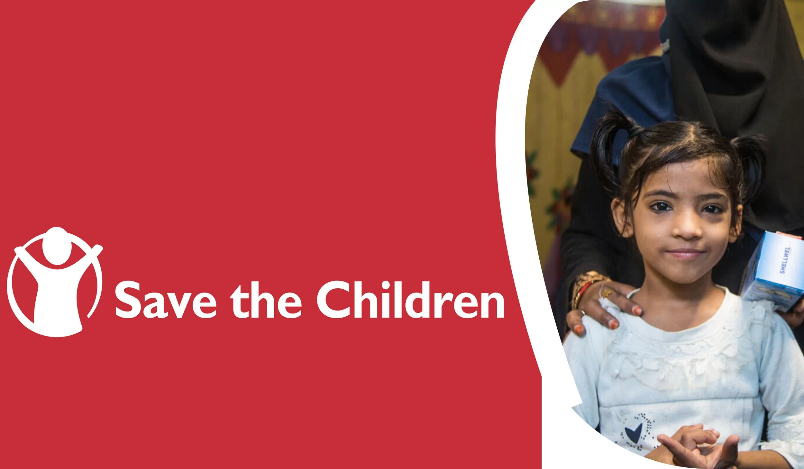
From that day on, the teacher brought the boy an extra lunch box.
“One day, he asked me whether he could take his lunch home. Instead of having his meal at school, the boy wanted to take it to his mother and sister.”
“This is about just one family,” said the teacher. “There are many more heartbreaking stories.”



